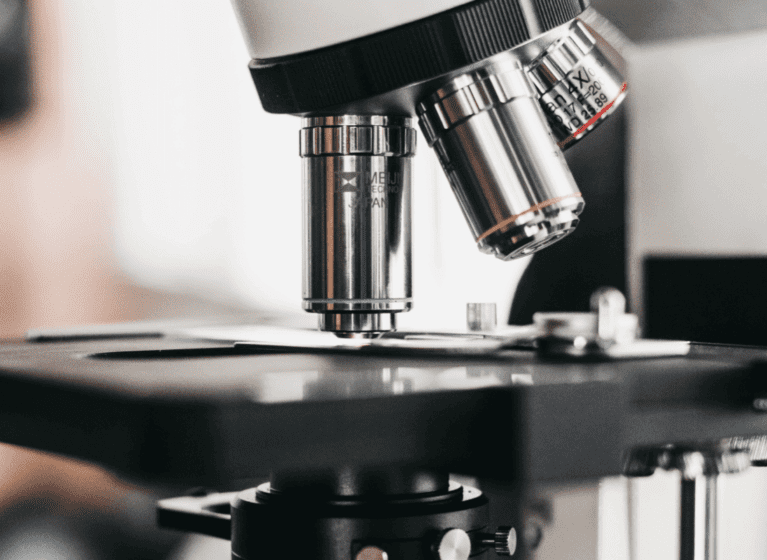Technology companies seeking to expand their commercial interests in ASEAN, particularly in the fast developing Indo-China region, can now enjoy the convenience and benefits of re-registering a granted Singapore patent in Laos (the Lao People’s Democratic Republic) and/or Cambodia. This initiative allows technology companies to enjoy easier access to patent protection for a sizeable market size (around 24 million people) in the Indo-China region.
Background
The Intellectual Property Office of Singapore (IPOS) has continually undertaken steps to enhance the appeal of Singapore as an IP hub, particularly for the ASEAN region. They have taken a methodical approach to this by carrying out the requisite developments in legislation, manpower, and public education. However, one of the issues that they have been unable to address relates to the domestic market size of the country, given that national procreation and migration policies are not within the remit of IPOS.
Fortunately, the collaborative relationships amongst the ASEAN countries has led to regular capability enhancement initiatives between patent offices in the ASEAN countries. In this regard, IPOS has agreements in place with the IP departments of both the Ministry of Science and Technology (MST) of Laos and the Ministry of Commerce (MC) of Cambodia, whereby the agreements broadly support the translation of ideas, IP and intangible assets (IA) into products and services in Laos and Cambodia. Specifically, the agreements now allow for granted Singapore patents to be re-registered in Laos and/or Cambodia.
What is required for the re-registration request in either Laos or Cambodia?
The following criteria need to be fulfilled for each re-registration request:
- A Singapore patent must be in force at the time of lodgement of the re-registration request;
- The Singapore patent must meet Laotian or Cambodian requirements for patentability; and
- Requisite documents pertaining to the Singapore patent and an executed power of attorney for a local agent should be submitted.
This initiative is available for all granted Singapore patents, and the term of protection in Laos or Cambodia will mirror the term of the Singapore patent.
What does this mean for Applicants?
This is a substantial benefit for owners of Singapore patents, as they will be able to apportion patent prosecution costs in Singapore for patent protection over three countries (Singapore + Cambodia + Laos). The potential market coverage increases from a population of around 5 million in Singapore to 29 million people in the combined territories. Importantly, Cambodia and Laos are countries with a growing middle class demographic that is a critical consumer segment for many patent owners, while the relatively mature IP ecosystem in Singapore can be readily accessed to support patent applicants seeking protection in Laos and/or Cambodia.
In addition to this arrangement, applications that have been examined in Singapore are able to access expedited examination in more than 30 countries using initiatives such as the Global Patent Prosecution Highway (GPPH) and the ASEAN Patent Examination Co-operation (ASPEC).
Conclusion
IPOS is continually taking steps to establish and maintain Singapore’s standing as a regional hub for IP, with IP identified as a critical pillar for the Singapore economy. Now any concerns around seeking a Singapore patent for a relatively small domestic population are substantially alleviated, both from a quantitative and an economic perspective. It is likely that the perception of patent rights in Laos and Cambodia will also be enhanced, in light of the quality of granted patents that pass through the rigours of IPOS, for example, in relation to validity and enforceability.



















